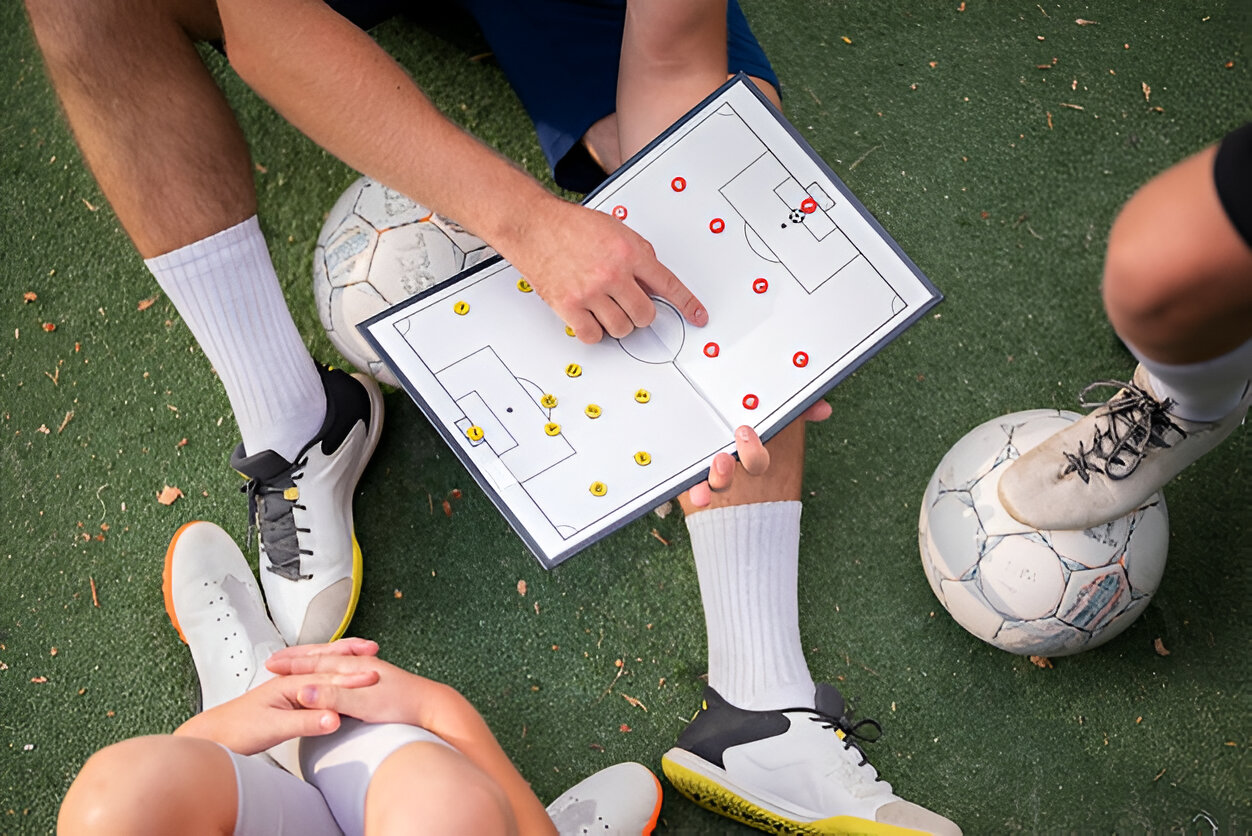A successful performance on game day isn’t just the result of raw talent or intense training—it’s built on structure, focus, and preparation. Creating a consistent game day routine ensures that athletes enter competition mentally sharp, physically primed, and emotionally balanced. Whether you’re a seasoned player or just starting out, developing a personalized routine can elevate your performance when it matters most.

Game day success often starts the night before. Athletes benefit from preparing their gear, reviewing strategies, and setting mental intentions ahead of time. This minimizes last-minute stress and creates a calm, focused mindset. A clear and organized approach fosters confidence, which in turn directly impacts how well one performs under pressure.
What you eat, how you hydrate, and how you mentally frame the day are all critical pieces of the performance puzzle. Starting your day with the right fuel—both nutritional and psychological—can make all the difference. Many athletes use a combination of slow-burning carbs, hydration routines, and visualization techniques to prime themselves for peak performance. For tips and routines that help optimize game day energy and mental clarity, follow mygreenbox.in for updates on expert-backed strategies and athlete routines.
Timing plays a major role in setting the body and brain into the ideal rhythm for competition. Establishing a predictable schedule for wake-up time, meals, warm-ups, and even music playlists helps condition your body to perform optimally at specific times. This consistency reduces uncertainty and prepares your body to activate in sync with your game clock.
Mental distractions can derail even the most prepared athletes. The constant influx of social media, performance expectations, and personal doubts can wear down an athlete’s focus. Mental toughness includes the ability to shut out distractions and remain present. Meditation, breathing exercises, and digital detox practices are becoming core components of mental training for top-tier performers, and mindfulness-based interventions improve athletic performance by enhancing focus, flow states, and stress resilience.
A proper warm-up does more than prepare the muscles—it mentally signals that it’s time to compete. Dynamic movements, agility drills, and sport-specific exercises help activate the nervous system and reduce the risk of injury. Customizing your warm-up to suit your sport and personal needs ensures that both your body and brain are ready for the first whistle.
One key to performance consistency is limiting distractions leading up to and during the game. That might mean turning off notifications, avoiding negative conversations, or staying off social media. Creating a “performance bubble” allows athletes to fully focus on the task ahead, minimizing mental fatigue and emotional interference.

Just as routines before a game matter, having a wind-down plan after the competition is equally essential. Post-game rituals like cooling down, stretching, journaling your performance, and hydrating aid recovery and mental reflection. It’s also the ideal time to analyze what worked and what didn’t, so the next routine can be even more effective.
A game day routine isn’t a one-size-fits-all formula—it’s a flexible, personalized approach that evolves with your performance goals. By combining physical, mental, and emotional preparation into a structured schedule, athletes can show up more focused, confident, and ready to compete. Small changes in your routine can lead to major improvements in performance, turning game day into your best day.